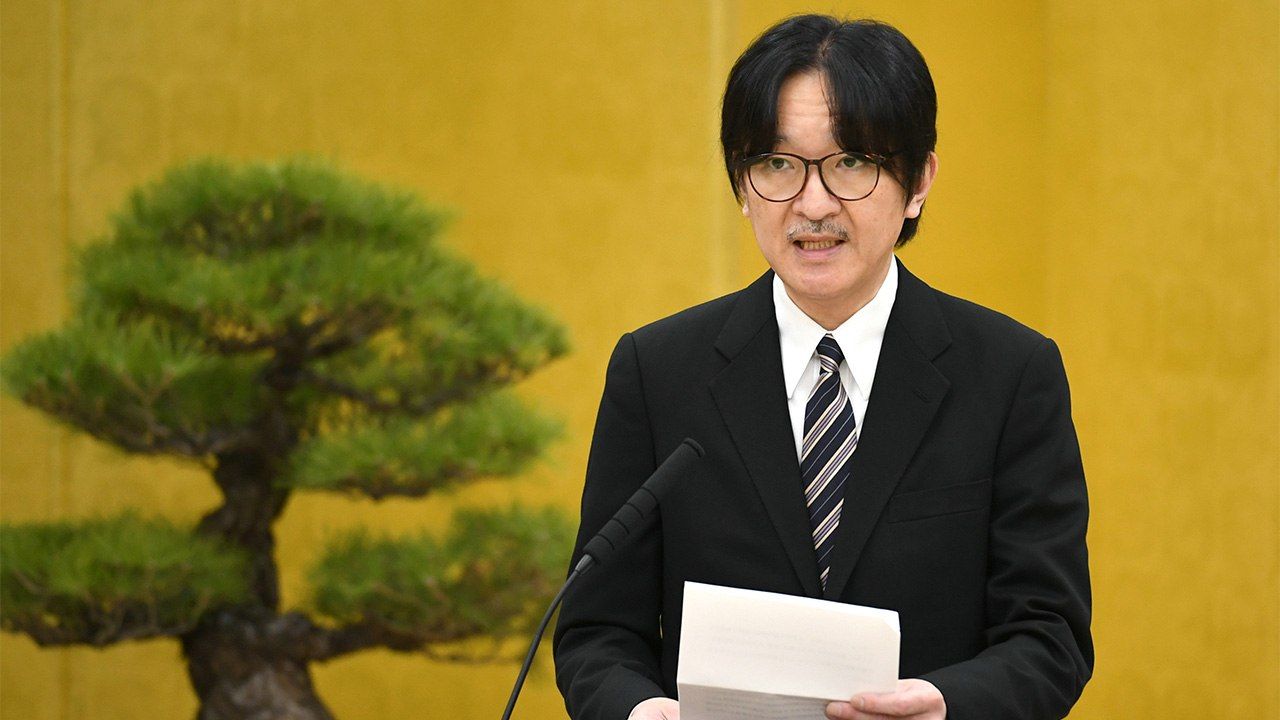quebec-oui.org – In the intricate tapestry of Japanese imperial titles, the designation of an imperial prince as 親王 holds a unique place. This title, which translates to “Imperial Prince,” is distinct from the more commonly known “王子” (“Prince”) and carries a specific connotation within the imperial family hierarchy.
The Origin and Significance of 親王
The title 親王 is used to denote a specific rank within the Japanese imperial family. Unlike the term “王子,” which literally means “king’s child,” the title 親王 is reserved for imperial princes who are direct descendants of the emperor. This distinction is crucial as it reflects the hierarchical structure of the imperial family and the specific roles and responsibilities associated with each title.
The use of 親王 as a title for imperial princes in Japan can be traced back to historical practices that have evolved over centuries. This title signifies a level of seniority and respect within the imperial family, distinguishing those who hold it from other members who might not carry the same title.
Modern Usage and Relevance
In contemporary Japan, the title 親王 continues to be used for certain members of the imperial family, reflecting their direct lineage to the emperor. This title is not merely a formality but carries with it a sense of historical continuity and cultural significance. It underscores the deep-rooted traditions and protocols that govern the conduct and status of the imperial family members.
Conclusion
The title 親王, used for imperial princes in Japan, is more than just a designation; it is a symbol of lineage, seniority, and respect within the imperial family. This title highlights the unique aspects of Japanese imperial titles and the specific roles and responsibilities associated with them. Understanding the origin and significance of 親王 provides insight into the complex social and cultural fabric of Japan, where traditions and hierarchy play a central role in defining individual and familial status.
